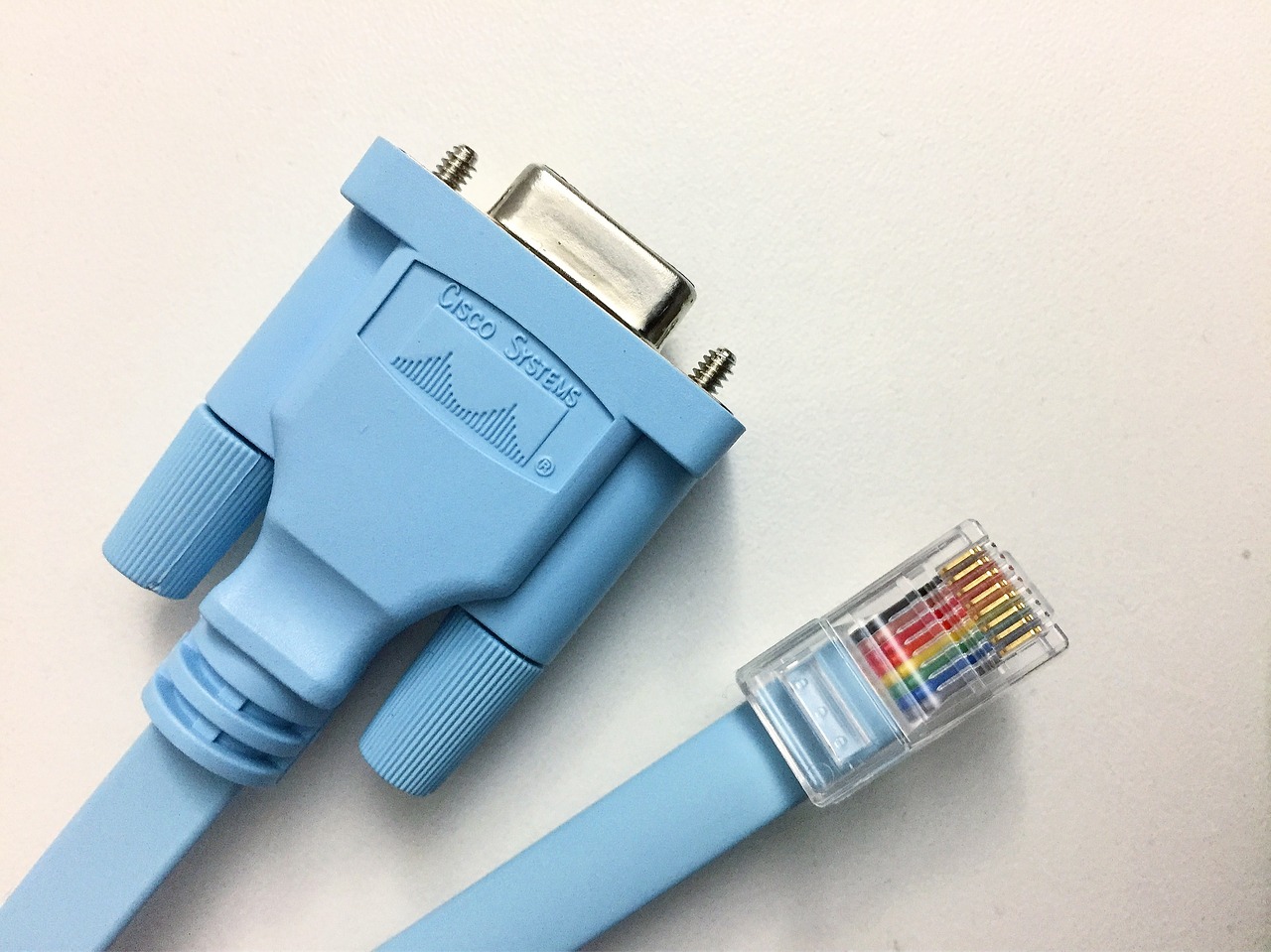Is the Cisco CCNA Good for Beginners?- The Cisco CCNA is an excellent certification for those who are new to IT, computer networking, or cybersecurity. Beginners who have access to the CCNA curriculum through their school or who have the backing of an employer should try earning the CCNA with these resources.
Keep in mind that there are two distinct notions to consider here. The first question is whether a novice can obtain the CCNA. The second question is whether they should. Let’s start with the first question: can a novice achieve the CCNA?
Is it Possible for a Beginner to Earn a Cisco CCNA?
Cisco’s CCNA certification is a well-known “associate” level certification (in comparison to Cisco’s expert and professional levels, for example). The good news for newbies is that it is now very much tailored toward beginners, much more so than in the past, in my opinion.
The terminology used by Cisco to describe the CCNA suggests that the certification is aimed at beginners. They claim, for example, that acquiring the CCNA is “the first step” toward a career in IT and that it lays “the foundation” for your future success.
They also highlight a number of topics covered by the CCNA, such as “network fundamentals” and “security fundamentals,” which are solid indicators of the CCNA’s fundamental character.
I’ve taught the CCNA curriculum more times than I can count, and I can tell you that it starts with the basics. Before beginning CCNA training at the Cisco Academy, you don’t need any prior networking experience. In fact, I wrote a whole article about how difficult the CCNA is, which you can read here.
Is it possible for a novice to obtain the CCNA? With enough study and preparation, a novice can get the CCNA if they completely comprehend the networking concepts and Cisco IOS configuration instructions presented on the test.
What Skills Do You Need to Begin Studying for the CCNA?
If you don’t have any experience with computer networking or IT, don’t worry about it when you first start studying for the CCNA. The basics of networking are covered fairly well in every major textbook and online course on the CCNA, including the CCNA’s own curriculum.
However, before you begin studying for the CCNA, you should have some experience with PCs and technology, particularly Microsoft Windows systems. A warehouse worker who has never used a computer, for example, will have a harder time studying the CCNA content than someone with some computer knowledge.
Before you begin your CCNA path, I recommend that you have the following skills:
- Working knowledge of a Windows-based computer, including software applications and web browsers. If you have no prior computer expertise, you might wish to start with a simple computer course.
- Some experience setting up or troubleshooting equipment is preferred. Setting up or connecting your home computer, home internet router, or cell phone might be as simple as that. This extra experience will come in handy when it comes to troubleshooting and configuration.
- Experiment with learning new concepts or honing a professional skill set. If you haven’t been to school in a long time and don’t read or study on a daily basis, you’ll want to make sure your study abilities are strong enough to absorb the new material.
Is it Necessary for a Beginner to Earn the Cisco CCNA?
Now that we’ve proven that a novice may achieve the CCNA, the question is whether they should. Is the CCNA a decent certification for novices, in other words?
There are various elements to consider while deciding whether or not you should pursue the CCNA. Let’s have a look at a couple of examples.
Is Cybersecurity or Networking in Your Future?
If you want to work in IT or cybersecurity, the CCNA certification can help you get there. Although the certification isn’t essential to operate in the sector, it is beneficial, and I know a number of cybersecurity experts who have acquired the CCNA on their journey to becoming a cyber expert.
If you want to work in the IT networking field, the CCNA will be especially valuable, regardless of whether your future employer employs Cisco equipment. So, if you’re looking for a job as a Network Administrator, Network Engineer, or something similar, the Cisco CCNA is a perfect choice.
If you’re thinking about pursuing a career in programming or coding, the CCNA is probably not the best place to start.
Why are You Choosing the CCNA Over the Network+?
CompTIA’s Network+ certification is another well-known entry-level networking certification on the market. The Network+ is comparable to the Cisco CCNA in that it covers all of the fundamental networking principles but excludes Cisco-specific subjects such as Cisco device configuration.
While both examinations are difficult, you’ll need more preparation to pass the Cisco CCNA because you’ll also need to understand the IOS commands that are part of the CCNA curriculum. The CompTIA Network+ skips over a lot of this material.
Because both of these certifications might benefit your career, you’ll need to decide which one is best for you (my post here explains why you might want to start with the Network+).
Most people who select the Cisco CCNA first, in my experience, do so because their school provides access to the curriculum and they can learn it that way, or because their company wants it. Many people who already have the Network+ or have expertise in the industry, however, choose to sit for the CCNA since it is valuable in the field.
Are there any certifications you should get before you take the CCNA?
Aside from the CompTIA Network+ certification, which you should seek before the CCNA, you should also consider the CompTIA A+ certification. The A+ certification is for those who desire to work in a help desk, computer repair, computer technician, or other entry-level IT position.
Although the A+ is not necessary for any other certification, it does cover a lot of networking topics, thus having the A+ before moving on to the CCNA can benefit. Here, I discuss several considerations for deciding between the CCNA and the A+.
What to Do Before Taking the Cisco CCNA Exam
If you still want to pursue the CCNA, make sure you get a copy of the curriculum or a textbook, as well as access to equipment or a simulation. As indicated on the CCNA, you’ll want to have the opportunity to gain expertise configuring Cisco devices. In this essay, I’ll go over some things to think about as you prepare for the CCNA.
Tips for CCNA Exam Preparation
Check out my top five suggestions for passing the CCNA and my time-saving ideas for studying for the CCNA if you’re ready to take the next step in earning your Cisco CCNA. I hope you find those resources to be of assistance.











FIND US ON SOCIALS